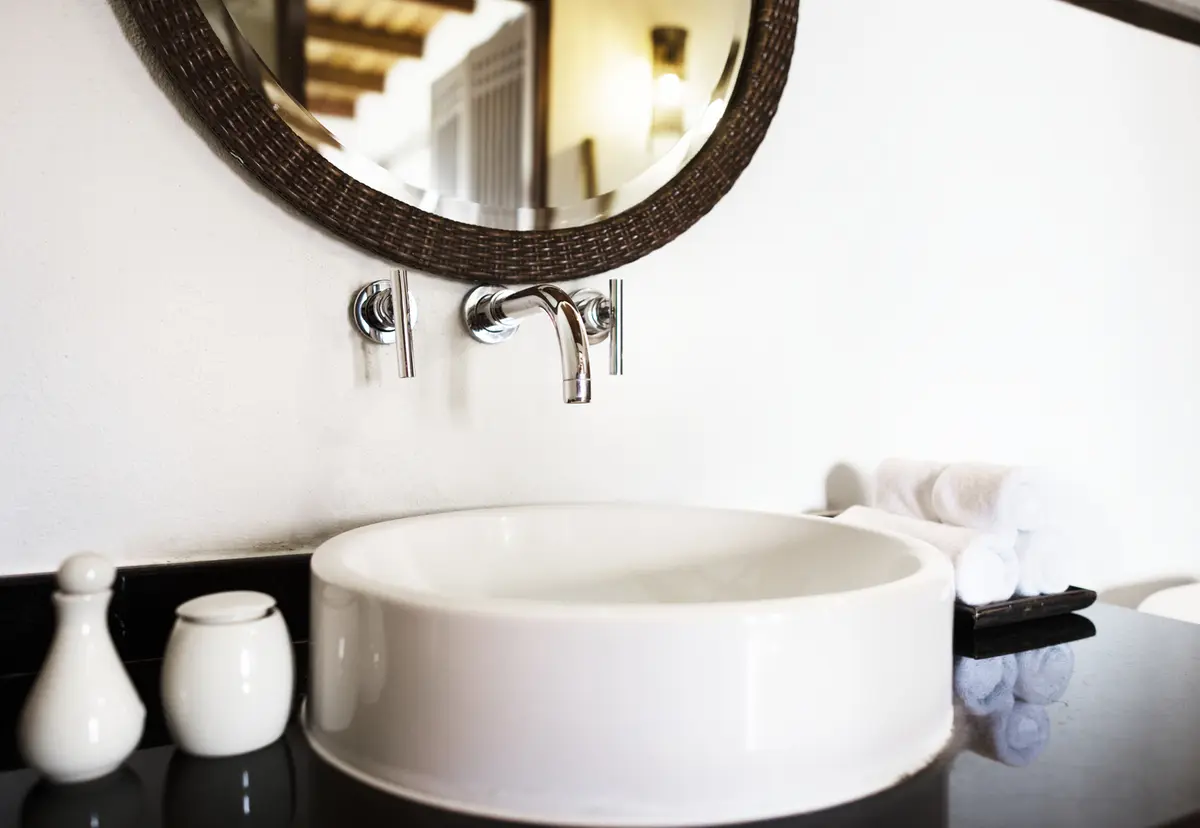Bathroom
How to Select the Perfect Bathroom Sink for Your Space

Choosing the Perfect Bathroom Sink
Selecting the right sink can enhance both the style and functionality of your bathroom. Finding the perfect balance between design and practicality is essential. Here’s a guide to help you choose the ideal option.
Key Factors to Consider
Sink Materials
Choosing the right material ensures durability and aesthetic appeal:
- Porcelain: Easy to clean and durable.
- Glass: Sleek design but requires frequent cleaning.
- Cast Iron: Classic look with strong durability.
- Metal: Modern appearance with excellent strength.
- Stone: Luxurious yet requires extra care.
Sink Sizes
Size impacts both functionality and aesthetics. Small bathrooms benefit from compact designs, while larger spaces suit double or oversized sinks.
Popular Bathroom Sink Types
Drop-In Sinks
Drop-in sinks are versatile and simple to install. However, their exposed rim may collect dirt.
Farmhouse Sinks
These sinks offer a rustic look with deep basins but often require custom cabinetry.
Pedestal Sinks
Pedestal sinks provide a classic feel and save space, but they lack storage options.
Undermount Sinks
Undermount sinks create a sleek appearance and are easy to clean but require solid countertops.
Vessel Sinks
Vessel sinks add style but can be less practical for daily use due to their height.
Wall-Mount Sinks
Wall-mounted sinks offer a minimalist look and save space but may require extra structural support.
Balancing Style and Function
To select the perfect bathroom sink, consider your bathroom’s size, design, and daily needs. Focus on durable materials, practical designs, and a style that enhances your space.
Conclusion
Choosing the right sink can elevate your bathroom’s look while improving functionality. Explore various styles and materials to find the ideal fit. For more tips and insights, explore more news on this website.
